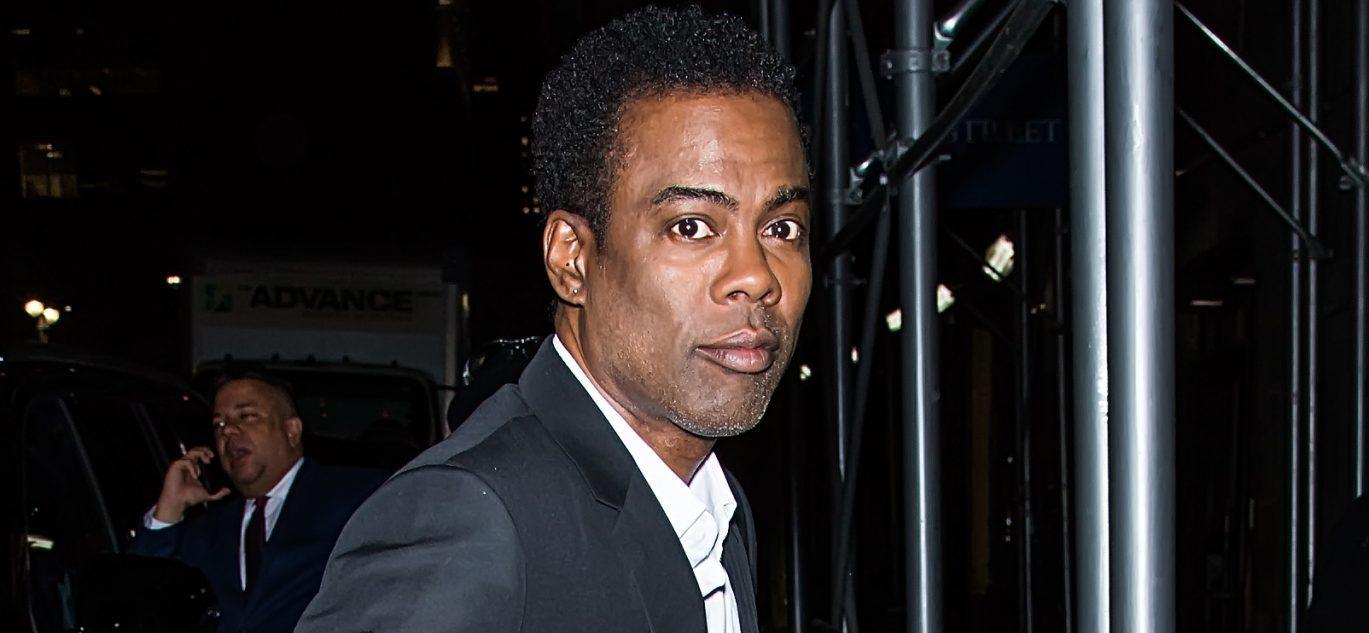The Voice Over that Makes Us Love 'Everybody Hates Chris'
By Kim Handysides on May 30, 2022 at 6:00 PM EDT

His dad is frugal, his mom is bossy; his younger brother is cooler than him and his baby sister is spoiled – Everybody Hates Chris is the story of a younger Chris Rock before he became a famous comedian. Throughout the series, Rock’s voiceover is the audience’s window into his life and an honest look at what it means to grow up Black in the 80s. He uses his narration to tell us the story of how he became who he is today and the challenges he faced - all the while presenting it through a lens of humor to diffuse some of the harder aspects of his life.
Narration IS the Premise
Like any memoir or autobiography, narration IS the premise, and Everybody Hates Chris is told from the perspective of the comedian himself. His voiceovers reflect on the most transformative periods of his life and follow all the (mis)adventures of a younger Chris Rock as he comes of age and deals with the day-to-day struggle of being a young Black person growing up in America.
Through his narration, we’re given a glimpse into his upbringing, family dynamics, and how he dealt with adversity. He tells stories and jokes, glossing over the darker parts of his life through comedy, showing how he used humor to cope with everything going on around him.
The Narrator Uses Humor to Diffuse Tension
The series begins as a teenage Chris Rock and his family move out of the projects and into Brooklyn. It’s an exciting turning point for his family, but like any 13-year-old boy, he feels uprooted from the life he knew before. The move to Brooklyn isn’t just a catalyst for the start of the series, but a jumping-off point for Rock’s narration; introducing us to each family member and explaining his relationship with them.
He’s the oldest child and has the responsibilities that come along with it; he doesn’t just have to set an example, but pick up the slack. He has to wear ugly loafers to make a good impression at his new school and wake his Dad up between his “night job, and late-night job”. He uses jokes to diffuse just how hard his Dad really had to work to provide. Instead, like any kid who still doesn’t know how the world really works, he presents himself as cheap and having the uncanny ability to know exactly how much fractions of things cost. In every aspect of his narration, Rock tells the story of his youth like the punchline to a standup routine, showcasing how common an experience it was for young Black children in the 80s.
The Narrator Likes to Omit Details
As autobiographical as his narration style is, the series isn’t so much about what Chris talks about, but rather, what he omits. We hear the jokes but witness the reality.
Chris starts over at a new school and makes it clear that he’s the only Black kid there. He uses his narration to talk about how different it all is from what he’s used to and the new challenges he’s had to face because of it. His parents see it as an opportunity for him to get a better life, but the reality of the situation is that Chris deals with adversity from the very first day. He isn’t just taunted by a school bully but called the N-word and racial slurs. Chris plays it off like it’s no big deal, and uses his narration to explain the thought process he used to shield himself; he sees it as not worth mentioning in comparison to his Dad’s youth in the civil rights era. For him, as horrible as it was, he sees it as better than it could have been. Even after a thirty-minute beatdown from his new bully in front of the entire class, he downplays it and undermines his own experiences, even though the police deliberately let it happen.
Rock casually shows the audience his home life and family dynamics. He presents the narrative through a scope of childlike innocence, taking a show-don’t-tell approach and leaving it up to the audience to pick up on the breadcrumbs of visual subtext he leaves out for us to find. The way his Dad sleeps in his uniform to save time between shifts and the manner he needs to present himself to not look like a trouble-maker at school; are all elements of a child coping with difficult circumstances. Instead of lingering on the pain and trauma, he finds a joke in each situation rather than focusing on the reality in front of him - just like the audience does.
His voiceover isn’t just used to contrast the visuals of the series, but to explain his thought process and how he dealt with reality. The way he subtly tells the audience about how hard his life was without actually telling them is representative of just how normal it all seemed at the time,
Kim Handysides is an award-winning voice artist, and coach. Among her 20K+ narrations you have heard her on Discovery, Netflix, and the major networks, in iMax, the White House and the Smithsonian.